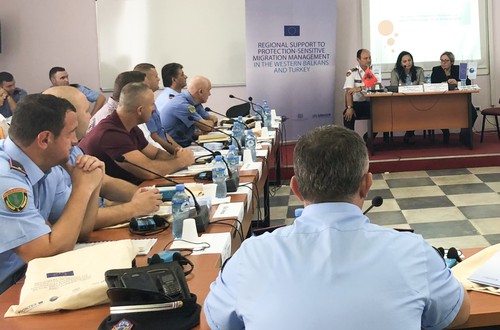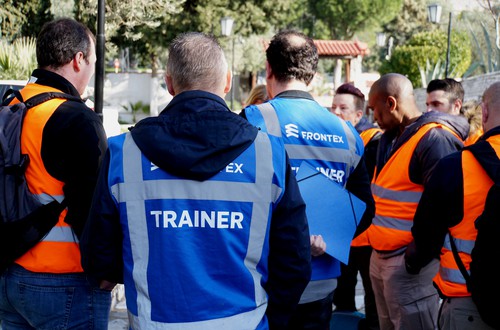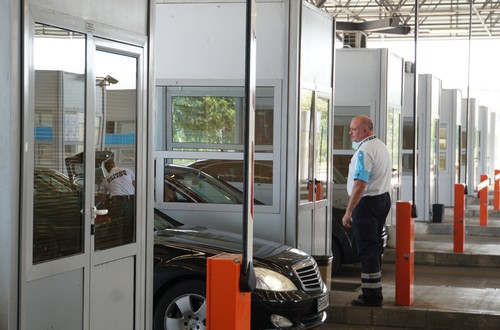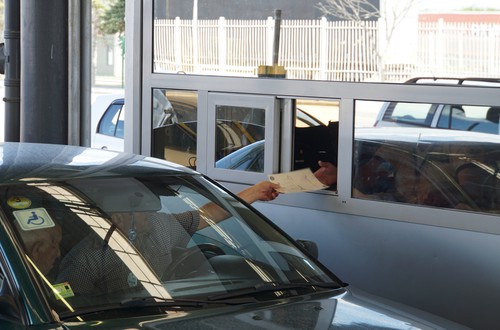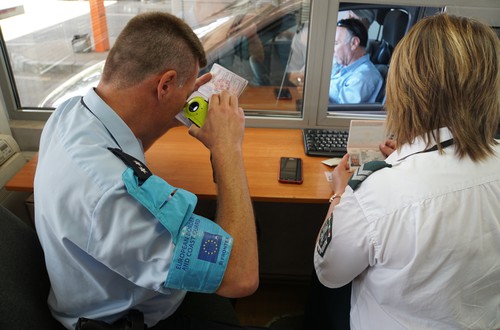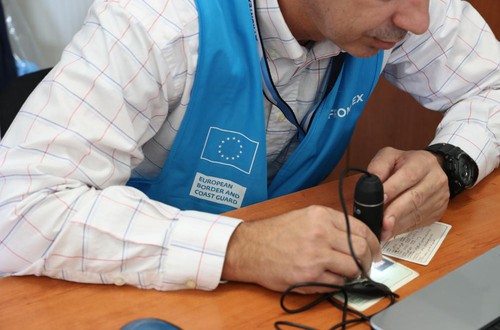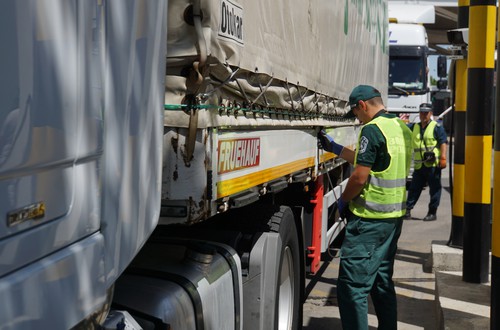Cooperation with the Western Balkan countries is a priority for Frontex, the European Border and Coast Guard Agency because it is a key transit region for migrants. It has also been used by criminal organisations as a path to Europe for illegal drugs and weapons.
In view of the strategic importance of the Western Balkan countries and their drive to someday join the EU, Frontex supports them in complying with the EU acquis, standards and best practices in border management and security.
The agency’s engagement in the region can be divided into three main categories – operations, information exchange and training. Frontex has also deployed a dedicated liaison officer to the region, based in Belgrade, Serbia.
Officers from national law enforcement authorities regularly participate in Frontex operations as observers. They facilitate the work of authorities on both sides in case of detections of irregular migrants or cross-border crime, but also to exchange expertise. For example, this year observers from Albania took part in Joint Operation Themis in the Central Mediterranean.
Regional authorities also regularly participate in Joint Action Days - international operations aimed at tackling cross-border crime. These operations bring together police and law enforcement authorities from EU member states, European agencies and international organisations to jointly strengthen Europe’s borders and internal security.
Frontex also deploys officers from EU Member States to Western Balkan countries to act as advisers who support their colleagues in non-EU countries in detecting document fraud, train local officers, and share best practices in border control.
Another crucial part of Frontex’s work in the Western Balkans is risk analysis.
Frontex has been running the Western Balkans-Risk Analysis (WB-RAN) network for 10 years and has helped to significantly improve the data analysis and exchange of information among the partners. WB-RAN is a platform for intelligence analysis and information exchange among the region’s countries, Frontex and five neighbouring EU Member States (Greece, Bulgaria, Romania, Hungary and Croatia), on issues such as border controls, irregular migration and cross-border crime. The network serves as a basis for joint analytical reports that support strategic and operational decision making at national and EU levels.
Frontex also leads a project on regional support to migration management, funded by the IPAII regional programme of the European Commission. It seeks to strengthen the identification, registration, referral, and asylum systems in Western Balkan countries. As part of the project, the agency has organised training courses on trafficking in human beings, falsified documents, and return operations.
